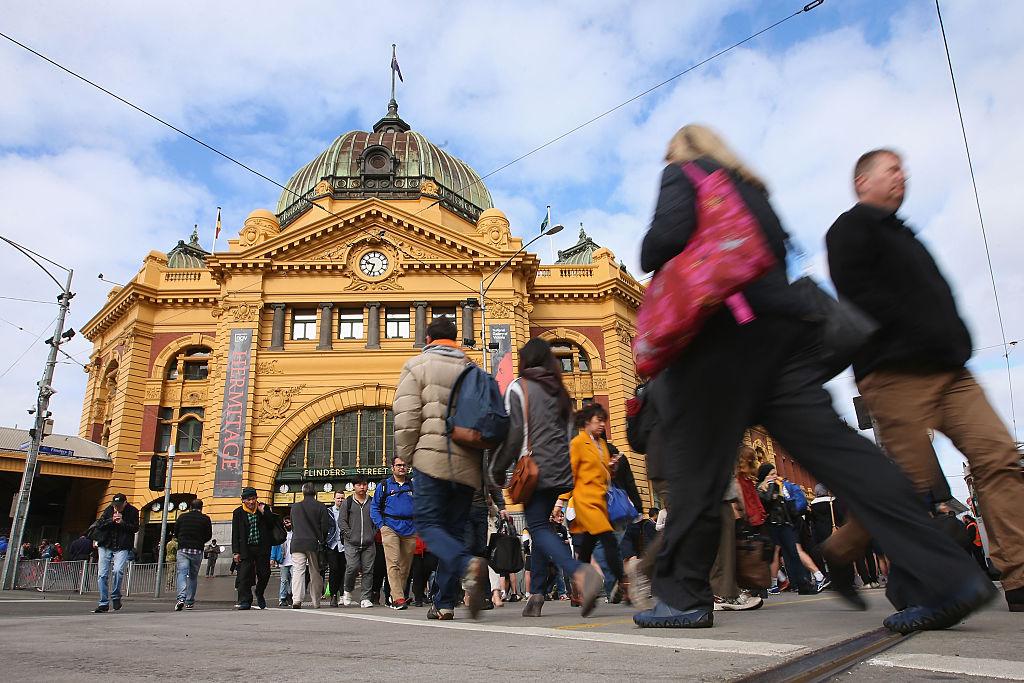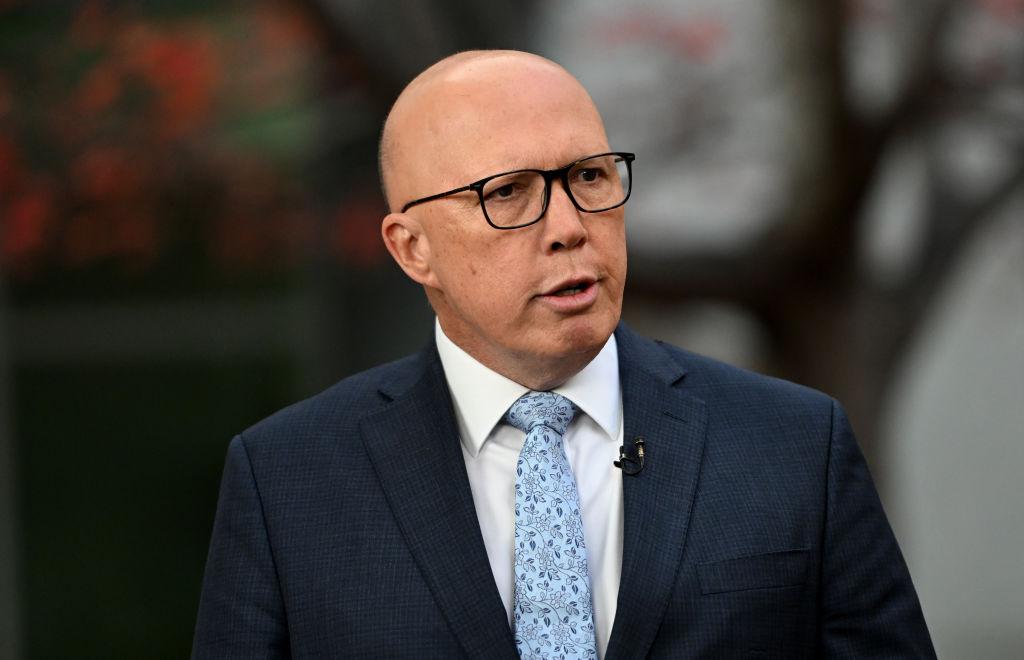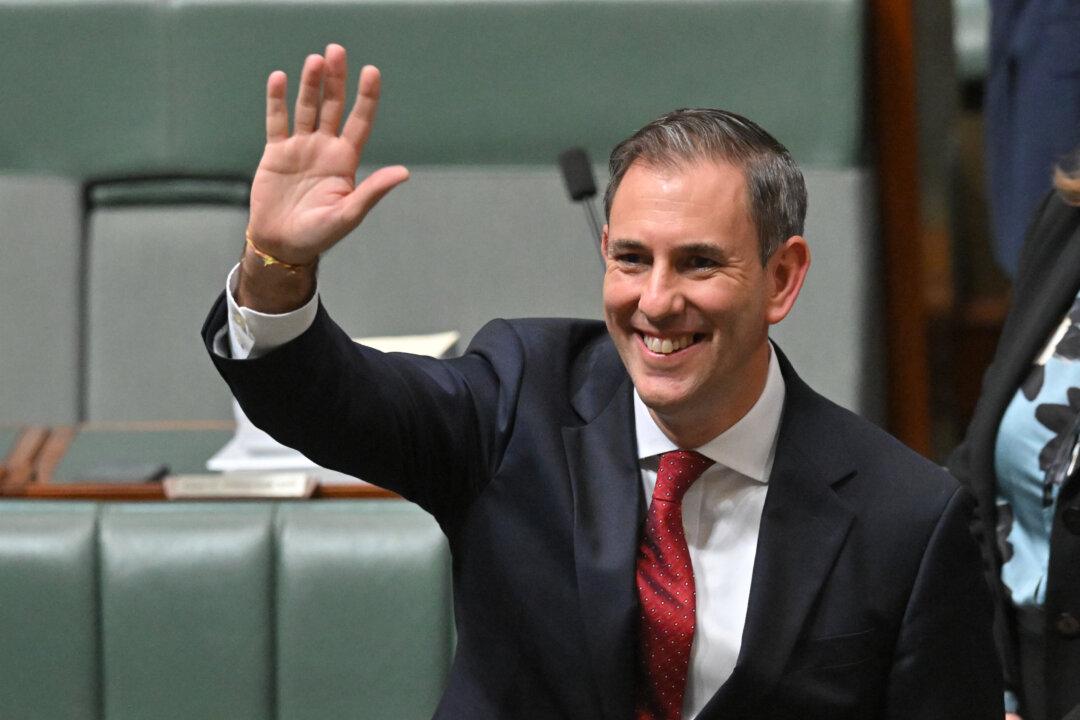Commentary
Small businesses are the engine house of the Australian economy. They represent the entrepreneurial spirit of the nation, the people who will work to establish a new enterprise and employ other Australians. Their health is a measure of the vibrancy of the economy.





